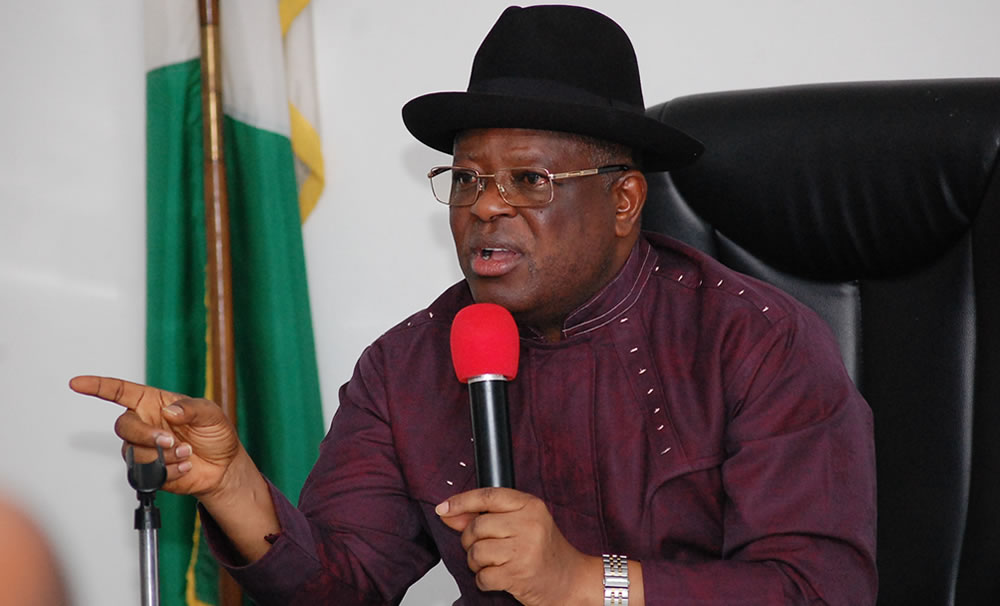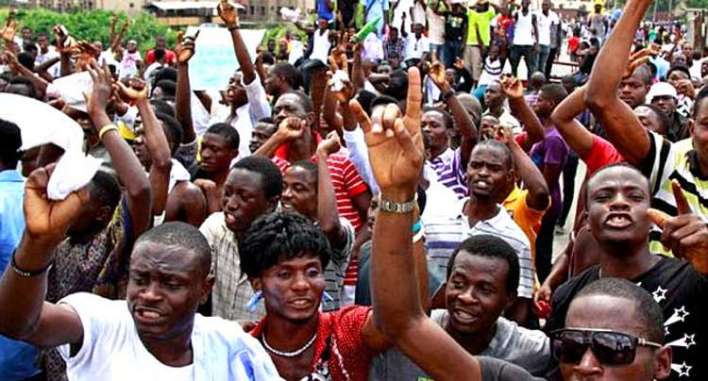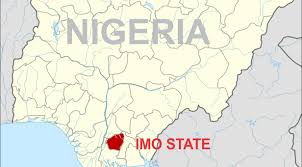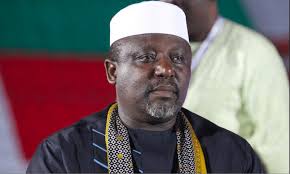Justice Inyang Ekwo of the Federal High Court, Abuja, threw a pebble into still waters, recently, when he delivered his landmark judgement that sacked the Ebonyi State governor, Dave Umahi. Umahi had literally kicked off the ladder that helped him up to the echelon of Ebonyi political seats. He dumped the People’s Democratic Party (PDP), upon which back he rode to the Government House, and joined the ruling All Progressives Congress (APC).
It was one of those party switching cases that defied comprehension as to why it should happen. Umahi, at that time, said he did it because the PDP was not ready to zone its ticket for the 2023 presidential election to the South East political block where Umahi belongs. It sounded puerile upon the fact that the PDP had not made known where its presidential candidate was to come from.
The madness of cross carpeting and defections have been going on since this democratic dispensation in Nigeria, quite to the discomfiture of the voting population of Nigerians who see it as perfidy raised to high levels. Former governor Ikedi Ohakim came into power in Imo State through a little known Progressive People’s Alliance (PPA). In the middle of his tenure, he moved over to the PDP. His successor, Rochas Okorocha, climbed up through the All Progressives Grand Alliance (APGA) and later ditched the party for APC.So has it been among both the members of the executive and the legislature across the nation.
We are, however, yet to see a president decamping from his party. This shows that a bandwagon effect is actually rocking the foundations of our politics, and it has strings to the unitary, albeit oligarchic, system of government we run at the centre and erroneously call it federal.
Today, Gov. Ben Ayade of Cross River State is in APC after a long romance with the PDP. Most lawmakers in the Imo State House of Assembly, as well as other assemblies across the federation, are no longer in the parties that gave them the locus standi for contesting and winning elections.When the judiciary initially gave this rascally behaviour a stamp of approval by endorsing it, describing the party as a vehicle that took the individual to the position and so had no claim to the votes, the right thinking members of the society knew that something was not quite okay with that position. Then, those who exploited that position explained away their treachery by telling the people that the morality of an act should be different from its legality. That expression sounds rather absurd if we hold that it is for the sake of safeguarding morality that laws are made. For instance, stealing is morally wrong and for that reason it was outlawed.
READ ALSO:
Viewed from another angle, an individual cannot become a candidate unless he or she had been selected by the party to contest. It is, therefore, clear, both morally and legally, that the individual and the party are inseparable in the game. It is like marriage, where you can’t easily divorce a man or woman and conveniently cross over to live with another partner without due process.
Those who cling to the provisions of freedom of association entrenched in the constitution as an excuse for such felony might as well call for application of same in the institution of marriage. To insist on it is to exhibit our moral bankruptcy. If allowed to continue, the indiscriminate defections and cross carpeting would erode the beauty of the Nigerian democracy and render the party irrelevant in a game that took its name because the party is involved.
In other words, it would no longer be partisan politics.The loose ends of our laws had given the politicians so much latitude, and have made it so easy that a man in Party A in the morning could switch to Party B in the afternoon and in the evening he is found among Party C members, an awesome flexibility that has ridiculed our political class. In other words, they creep in and out of political parties like in the game of hide and seek.The list of popular party switchers is endless, but so intriguing was the Edo State case where incumbent Gov. Godwin Obaseki switched over to PDP from the APC in pursuit of his second term bid, having been denied the APC ticket. His PDP opponent in their 2016 election, Pastor Ize Iyamu, in turn, became the APC candidate this time around. Obaseki, however, worn. It was intriguing because Ize-Iyamu, then of the PDP in the last campaigns, took so much damaging remarks from no less a person than Adams Oshiomhole, the APC godfather that was removed as the National Chairman of the APC. Caustic words are usually voiced out across the various divides in such cases, only for the opposing figures to quickly find a common ground and subsequently become buddies again as they cross carpet.
A major concern about this development is its effects on the Nigerian democracy. Politics, in an ideal situation, and as it is practised in advanced countries, is usually about the prudent management and equitable distribution of communal resources and revenue for the general good, as well as the efficient administration of the affairs of the state. With the frequent switching of parties, our politicians come away as a power hungry lot, lacking in ideology and just self-serving. Party switching, buoyed by our false federalism, has rendered the parties irrelevant in our democratic experiment.
READ ALSO:
They now look like gang-ups rather than a congregation of well meaning people with a common belief.More painful, as is the case of Umahi and others, is that some of the politicians rise to political stardom through a party and would not hold any scruples dumping the party for another in the end.Under the free-wheeling party switching and the winner-takes-all arrangement, the opposition finds it difficult to thrive, resulting in power imbalance and an eventual weakening of our multi-party democracy.
To curb the politicians’ harlotry, laws, such as has been pronounced are needed, especially to hold down the politicians after election seasons. Such a law cannot come from the legislature, members of which benefit from the status quo in the Any Government In Power (AGIP) brotherhood.The most effective antidote to party switching, however, is a return to true federalism where federating units get an adequate share of power to manage the affairs that touch them most dearly, especially of choosing who governs them.
Justice Ekwo’s pronouncement that the votes that brought Umahi to power belonged to PDP and cannot be transferred to another party that did not earn it serves as a check on the robbery. Indeed, the ripples of the judgement, which lifted the waning integrity of the judiciary and restored the people’s confidence in that arm of the government as their bastion of justice and equity, must not die down until it has found all culprits and dealt with them in the appropriate way. A Daniel, really, came to judgement.
Dr. Odu,dirimrich2018@gmail.com, writes from Owerri.
“To curb the politicians’ harlotry, laws, such as has been pronounced are needed, especially to hold down the politicians after election seasons. Such a law cannot come from the legislature, members of which benefit from the status quo in the Any Government In Power (AGIP) brotherhood.The most effective antidote to party switching, however, is a return to true federalism where federating units get an adequate share of power to manage the affairs that touch them most dearly, especially of choosing who governs them”
READ ALSO









